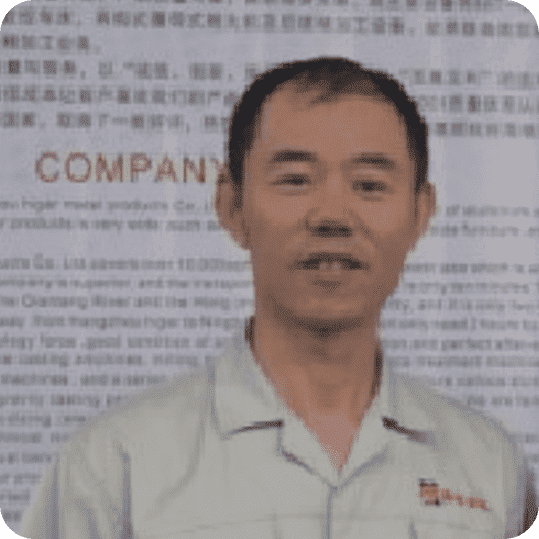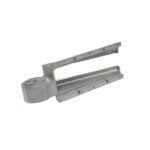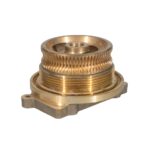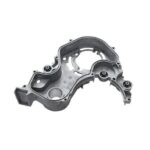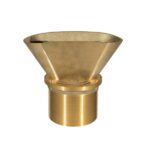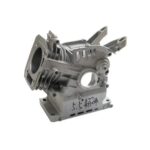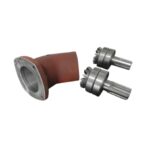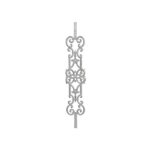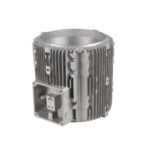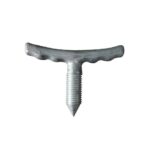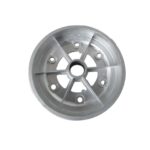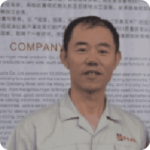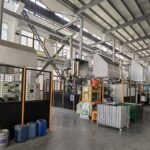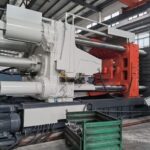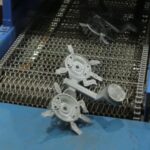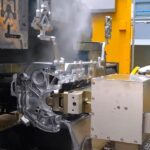What Are the Basic Differences Between Die Casting and CNC Machining?
We often get asked whether aluminum die casting or CNC machining is better for producing parts. As a manufacturer with over 20 years of experience in both areas, we know this choice affects your cost, lead time, and product performance. Here’s a quick comparison to start:
| Feature | Aluminum Die Casting | CNC Machining |
|---|---|---|
| Material Usage | Minimal waste (net-shape forming) | Higher waste (subtractive process) |
| Volume Suitability | Medium to high volume | Low to medium volume |
| Part Complexity | Complex geometries with undercuts | High precision with tight tolerances |
| Tolerances | ±0.05 mm typical | ±0.01 mm or better |
| Surface Finish | Good surface, may need light finishing | Excellent surface with milled texture |
| Setup Cost | High initial tooling (up to $20,000) | Low setup, no mold required |
| Unit Cost | Low at high volumes | Higher per part cost |
| Lead Time | Longer for tool making, faster afterward | Quick start, longer for large batches |
When Does Aluminum Die Casting Make More Sense?
If your project needs hundreds to hundreds of thousands of parts and the design won’t change often, aluminum die casting is likely the smarter option.
In our factory, we typically use ADC12 for die casting due to its excellent flow characteristics, mechanical strength, and corrosion resistance. It allows us to produce parts at ±0.05 mm tolerance and with consistent dimensional repeatability over long production runs.
Use die casting if you want:
- Lower unit cost at scale
- Complex shapes with internal ribs or undercuts
- Faster production after tooling is complete
We’ve seen clients in automotive, lighting, and power tools industries benefit from this method for parts like housings, brackets, and heat sinks.
When Should You Choose CNC Machining Instead?
CNC machining is ideal for prototyping, small batches, or when the design is still evolving. It doesn’t need expensive molds, so the upfront investment is much lower.
In one case, a client only needed 50 precision parts for a pilot medical device project. Instead of investing in a $15,000 die, they opted for CNC. The ±0.01 mm tolerance and quick delivery were perfect for early-stage testing.
Choose CNC if you need:
- Very tight tolerances or complex internal threading
- Quick changes or frequent design updates
- Short runs or one-off parts
What Do Buyers Often Overlook in Cost Planning?
Buyers sometimes only compare unit price, but overlook the total project cost. Let’s illustrate:
| Production Volume | Die Casting Cost Breakdown | CNC Cost Breakdown |
|---|---|---|
| 100 pcs | $20,000 (mold) + $2/pc → $220 total per part | $25/pc x 100 pcs → $2,500 total |
| 10,000 pcs | $20,000 (mold) + $2/pc → $4/pc avg cost | $15/pc x 10,000 pcs → $150,000 total |
So for low volumes, CNC wins. But for higher volumes, die casting becomes far more economical.
What About Surface Finish and Post-Processing?
Both methods can produce great-looking parts, but the base finishes are different:
| Process | Base Finish Quality | Common Post-Processes |
|---|---|---|
| Die Casting | Grainy/matte finish (Ra 1.6–3.2) | Shot blasting, powder coating, plating |
| CNC Machining | Clean lines, tool marks (Ra < 1.6) | Anodizing, polishing, brushing |
In our experience, most die-cast parts get powder-coated or anodized to enhance corrosion resistance and improve appearance. CNC parts are often left bare for precision visual inspection or light functional use.
How Do Lead Times Compare?
If you’re in a hurry to launch, this is key:
- Die Casting requires mold design, mold making (often 3–6 weeks), sampling, and testing before production. But once approved, we can produce thousands of parts per week.
- CNC can start in 1–2 days if raw material is available. But each part takes longer to produce, especially for complex milling.
So, for quick starts or last-minute projects, CNC gives speed. For long-term supply, die casting wins on repeatability and throughput.
Which Is Better for You?
Here’s how we usually advise our customers:
| Situation | Recommended Process |
|---|---|
| Prototype or < 100 pcs | CNC Machining |
| 100–500 pcs and flexible timeline | Depends on budget |
| 1,000+ pcs with fixed design | Aluminum Die Casting |
| Precision beyond ±0.01 mm needed | CNC Machining |
| Complex casting with mold-ready design | Aluminum Die Casting |
Still unsure? We can evaluate your drawing and provide both quotes to compare. Many of our clients actually start with CNC, then switch to die casting once the design is validated.
Choosing between aluminum die casting and CNC machining isn’t always black and white. It depends on how many parts you need, how quickly, and how stable your design is.
We’ve helped buyers across industries balance these factors. If you’re currently comparing options, we’re happy to offer design suggestions or a quote for both methods.
Searching for High-Quality for Aluminum Parts?
You’ve come to the right place! Yongzhu Casting is a certified die casting manufacturer with over 20 years of expertise in the industry.
We have successfully completed numerous die casting projects for Aluminum casting parts, particularly in your industry.

Zhejiang Yongzhu Casting Technology Co., Ltd.
Location: Zhejiang, China
Company type: Manufacturers, Producers, Wholesalers
Year Founded: 2004
Main Products: Aluminium die casting, Mold Making, Die Casting, Sand Casting, Gravity Casting
Leading Chinese producer Yongzhu Casting is formerly known as Hangzhou Higer Metal Products Co., Ltd., was established in 2004.
With 20 years of experience in the industry, we are a specialized manufacturer in Aluminum casting and Machining.
Our products are widely used in various applications such as Automotive, Energy, Lighting, Medical, Home Furnishings, Machinery & Equipment etc. Below are our advantages:
Design Review & DFM Support
Our professionals will evaluate your designs and provide suggestions for cost savings. Additionally, we offer Design for Manufacturing (DFM) assistance and conduct mold flow analyses to facilitate efficient production.
State-of-the-Art Manufacturing Equipment
Our facility is equipped with advanced hot-chamber and cold-chamber die casting machinery for aluminum and zinc production.
We also utilize high-precision CNC machines in a temperature-controlled workshop, featuring 3-Axis, 4-Axis and 5-Axis setups to manage any project you have.
Rigorous Quality Control Measures
Our dedicated quality control team ensures that all parts meet the highest standards of quality and consistency. We employ high-accuracy measurement instruments, including CMM, spectrometers, and X-ray detectors.
Comprehensive Surface Treatment Options
We provide a variety of surface finishing techniques for your precision die casting components. Our in-house services include cleaning, polishing, anodizing, shot blasting, and painting.
Flexible Project Acceptance
While larger manufacturers often shy away from low-volume projects, and smaller ones may struggle with quality, Yongzhu Casting stands apart. We prioritize customer satisfaction and willingly accept high-mix, low-volume projects like yours.

